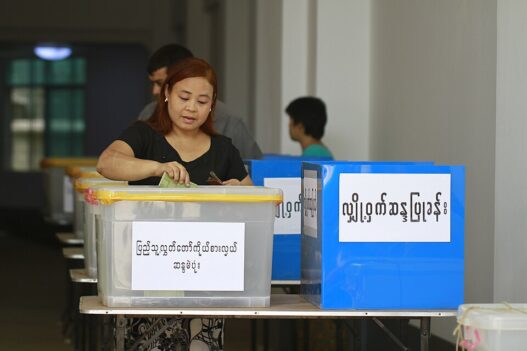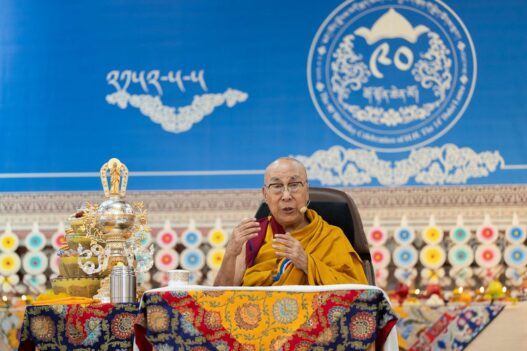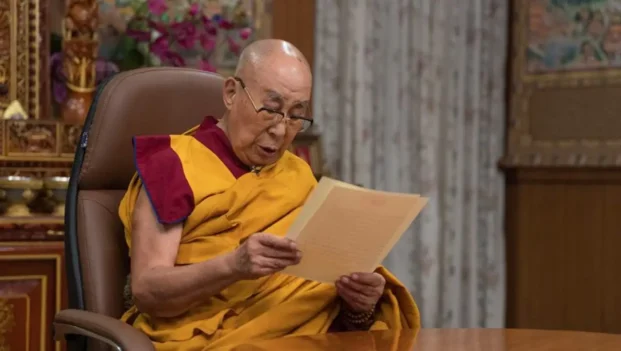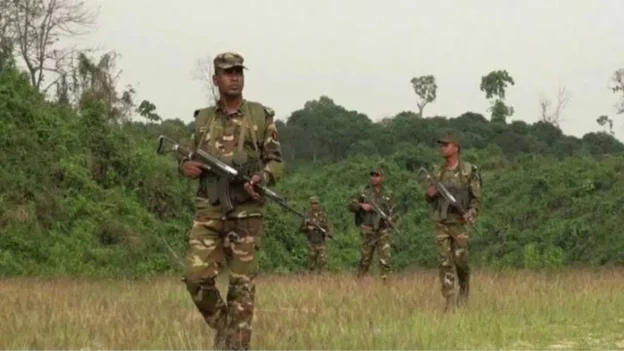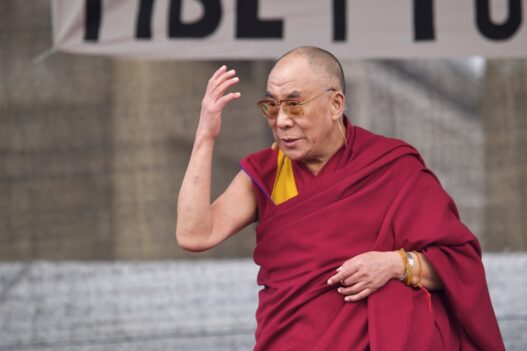A kind of ban in the name of advisory came for the privately owned satellite channels and digital news outlets in India, where it was asked to refrain from inviting Pakistani panelists, speakers and commentators for their shows so that they don’t get a platform to propagate an anti-India narrative. The advisory, sent by the News Broadcasters & Digital Association (NBDA) on 4 May 2025, insisted on avoiding those individuals who undermine the sovereignty, security and security of the nation. Tagged as ‘urgent and confidential’, the advisory was sent to all the members comprising the private television news, current affairs and digital broadcasters in the country, urging the editors to exercise a high level of editorial discretion and judgment to ensure channels and digital platforms are not misused for anti-India propaganda.
Endorsed by Annie Joseph, secretary general of the NBDA (formerly News Broadcasters Association), the advisory cited concerns raised by the Union information & broadcasting ministry on engaging anti-national commentators from Pakistan who propagate false propaganda against India in the aftermath of Pahalgam terror attack in the Kashmir valley, where 26 innocent tourists lost their lives to the Pakistan-sponsored Islamist terrorists on 22 April. Earlier, the concerned ministry banned a number of YouTube channels and websites operated from Pakistan within Indian territory for the provocative content. Moreover, the Indian news channels and digital platforms were also prohibited from live streaming of any defence personnel related operations across the country.
On the other hand, Pakistani FM radio stations also stopped airing Indian songs as the tension between the two neighbouring countries heightened since the Pahalgam brutal incident, where a group of terrorists belonging to the Resistance Front, an offshoot of Pakistan-based Lashkar-e-Taiba (a UN-designated terrorist outfit) were reportedly involved. Pakistan Broadcasters Association (PBA) asked the radio stations in their country to avoid playing the songs, especially classics by Lata Mangeshkar, Mohammed Rafi, Kishore Kumar, Mukesh etc, which are immensely popular among the Pakistani listeners. The PBA decision has been appreciated by the government authorities as a patriotic gesture during a testing time.
Meanwhile, Prime Minister Narendra Modi sent a stern message to Islamabad with major diplomatic offensives including the closure of integrated Attari-Wagah border check-post (between India and Pakistan), exemption of visa service to Pakistani nationals and suspension of the Indus Waters Treaty (IWT). The National Investigation Agency (NIA) had already taken over the case and started its probe. The security forces demolished at least nine houses belonging to the terrorists suspected to be involved with the Pahalgam brutal attack and also detained nearly 2,000 local people presumably as sympathizers to the terrorists. Nearly one thousand Pakistani nationals left for their country through Attari-Wagah check-post and a similar number of Indians too returned back till it was fully closed on 1 May.
Islamabad also vowed to respond to any retaliation from the Indian side and shut its airspace to all India owned and operated planes. New Delhi reciprocated by deciding to close the airspace for all Pakistani flights. Islamabad also suspended all visas under the SAARC Visa Exemption Scheme, issued to Indian nationals and ordered them to leave the country immediately. Earlier New Delhi withdrew visas of all Pakistani nationals with exception in some cases only. Authentic sources claim that nearly 25,000 Pakistani people were residing in India, where some brides were identified, living for decades but never tried to get Indian citizenship. New Delhi also banned direct or indirect import of all goods from Pakistan as well as cut maritime and economic ties with the Islamic republic nation.
Taking abeyance of the 1960 IWT, which was signed in Karachi by the then Prime Minister Jawaharlal Nehru and Pakistan President Mohammed Ayub Khan in presence of World Bank representatives, New Delhi restricted the water flow on Chenab, a major component under the Indus river system, which nourishes Pakistan farmlands. It’s understood that the Baglihar hydroelectric dam in Ramban locality of Jammu & Kashmir was used to drastically reduce the Chenab water level. New Delhi may seemingly take similar action on Kishanganga dam in north Kashmir locality to restrict water flow in Jhelum river too.
When a visible retaliation against Pakistan became a necessity following widespread anger among the majority populace, some have not hesitated to make ‘pro-Pakistan statements’ in public forums while denouncing the government and nation as a whole. Assam government took stern actions against such individuals and arrested nearly 40 people from different parts of the State. Among the arrestees, one legislator (Aminul Islam of the All India United Democratic Front) is also included who is currently behind the bars. Booked under sedition charges, the opposition MLA publicly accused that the Pahalgam incident and 2019 Pulwama terror strike were ‘handiwork’ of the ruling elements. State chief minister Himanta Biswa Sarma warned that those supporting Islamabad will face the music and if necessary the National Security Act will be utilised.


